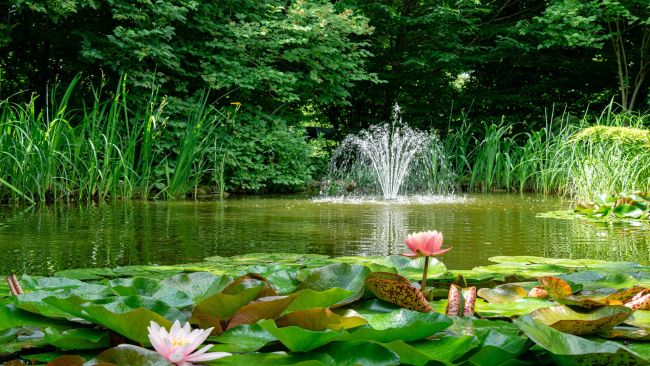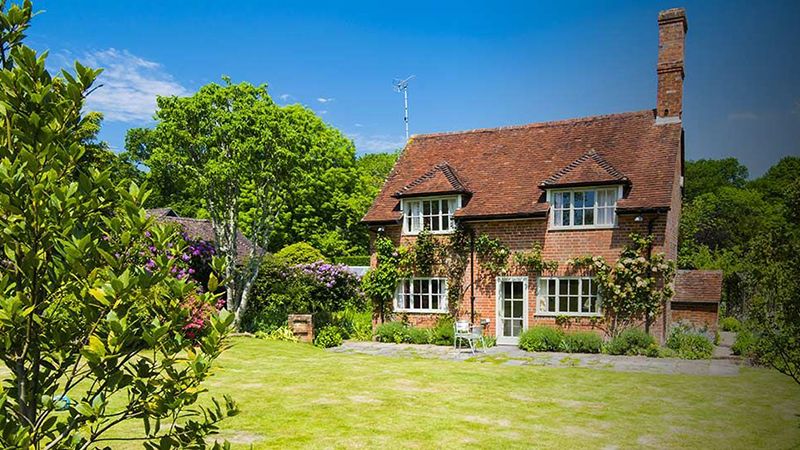
Take 5… Homes with ponds
We take a look at some of the best homes with ponds currently on the market


As land and property advisers, we are experienced in this area and are frequently asked to act for either the potential buyer or the potential seller.
The idea often comes up when homeowners are in a house that serves then very well, but feel they would benefit from a little more outside space.
It can be a convenient way to avoid the hassle and cost of moving, particularly for those unable to spot that ‘perfect’ property on the market in their desired location.
However, there are a number of issues homeowners should first consider if looking into this as an option.
Equally, there are also a number of questions that landowners who are approached to sell should be asking before deciding whether the deal is a good one.
One of the biggest considerations for any potential buyer is the issue of consent.
The purchaser will need to sort out any planning issues which may arise through a change of use of the land.
You can’t convert agricultural land to garden without first getting planning consent and it would be dangerous to assume consent will be automatically given. Planners will give careful consideration as to whether a change of use will lead to a creeping urbanisation and their priority will be to protect the rural environment.
Buyers should not assume that they will be able to secure land at agricultural value, which is currently ranging from £6,000-16,500/acre for arable land in England, with the national average currently at £10,600/acre.
Frankly, the land isn’t actually being bought for agricultural use and could add significant value to a property, so no landowner is going to give it away at a bargain basement rate.
It is worth remembering that in many cases the landowner won’t have been actively looking to sell – so unless the buyer makes the deal worthwhile there is little incentive to go through the hassle of selling.
Buyers will probably find it necessary to offer to cover the seller’s professional costs.
Purchasers also need to be asking questions about VAT before getting too far down the negotiation process. Some farmland is subject to VAT, meaning that you may need to factor in an additional 20% on the agreed price.
Landowners who are considering selling land off may want to consider the use of a covenant in order to retain an element of control over how the land parcel can be used, and to protect the value of their retained land holding.
An example of this could be a covenant to prevent any residential dwelling being constructed on the land you are seeking to sell.
Similarly, the vendor could suggest a positive covenant which might require the buyer to carry out a particular task – for example, erecting a stockproof fence along the new boundary and being permanently responsible for its maintenance.
There are other clauses which may be discussed, such as an ‘overage’ provision which could mean the landowner receives a payment should the buyer successfully obtain planning permission on the land during a pre-agreed period of time.
The seller may also reserve certain items from the sale, such as the mineral or sporting rights, or possibly the subsoil or airspace.
For advice on buying or selling land to make a garden, please contact your local team.